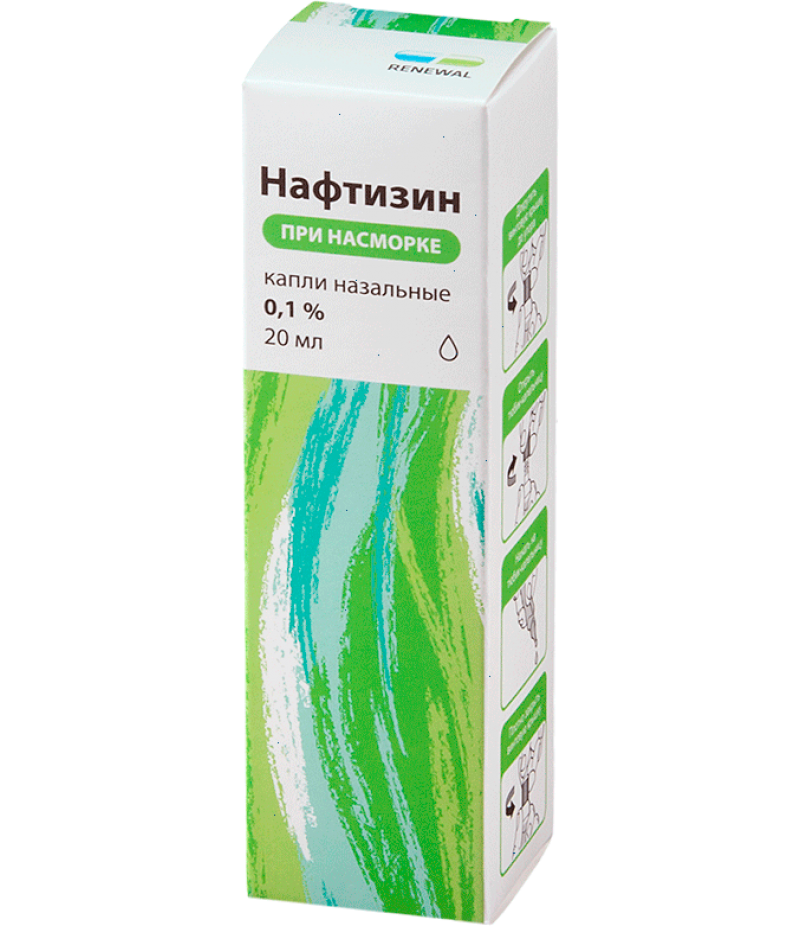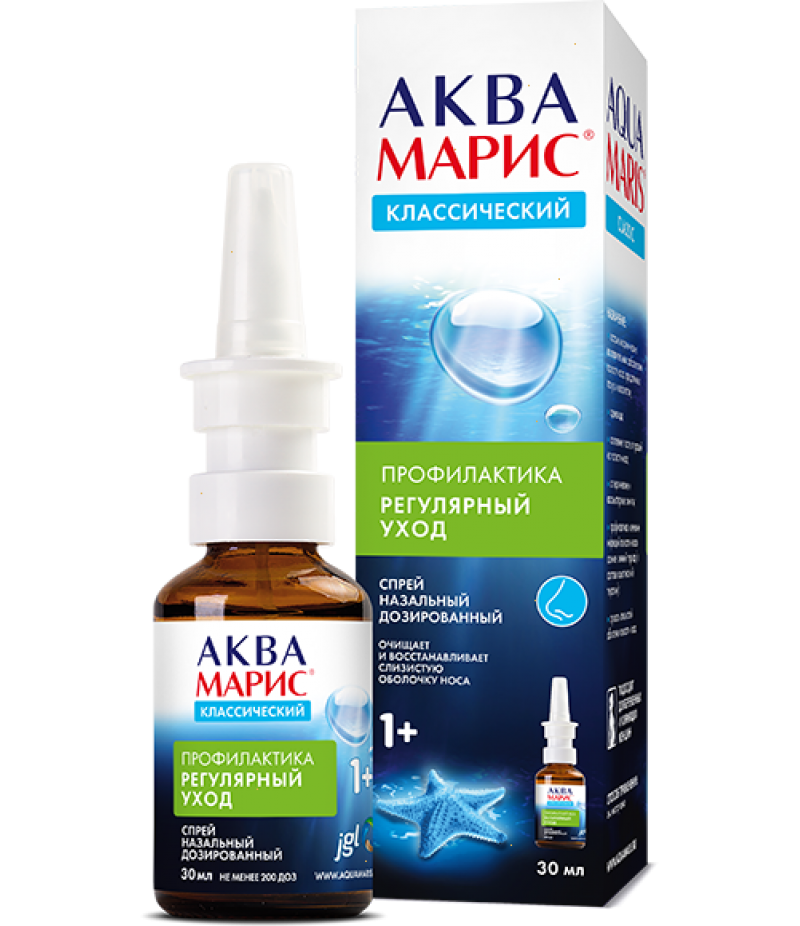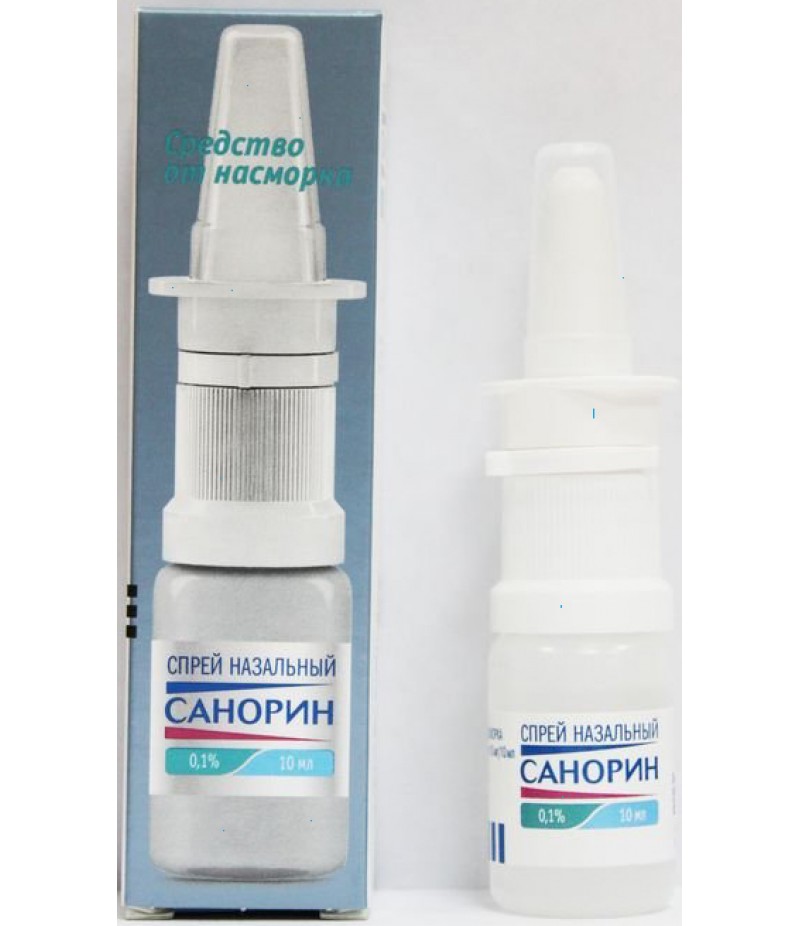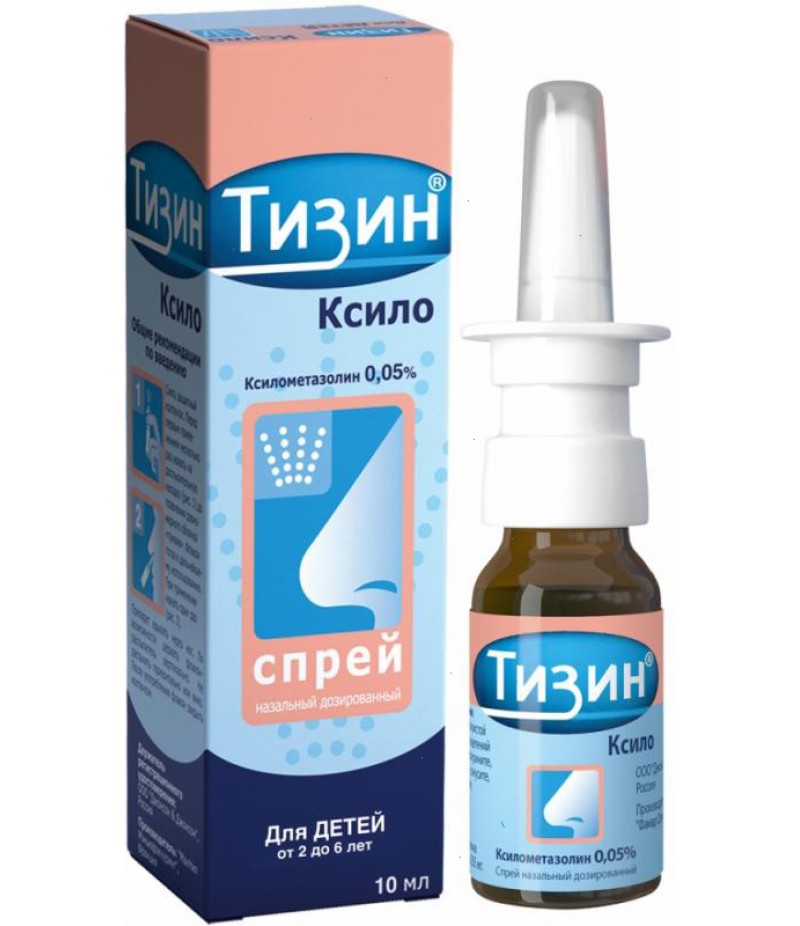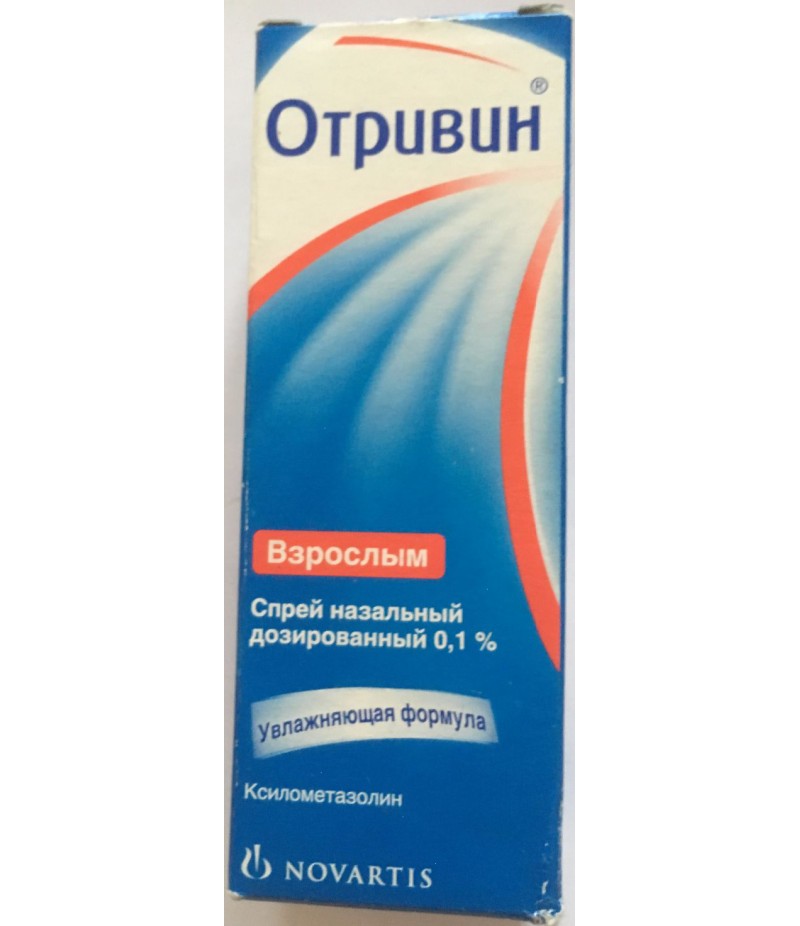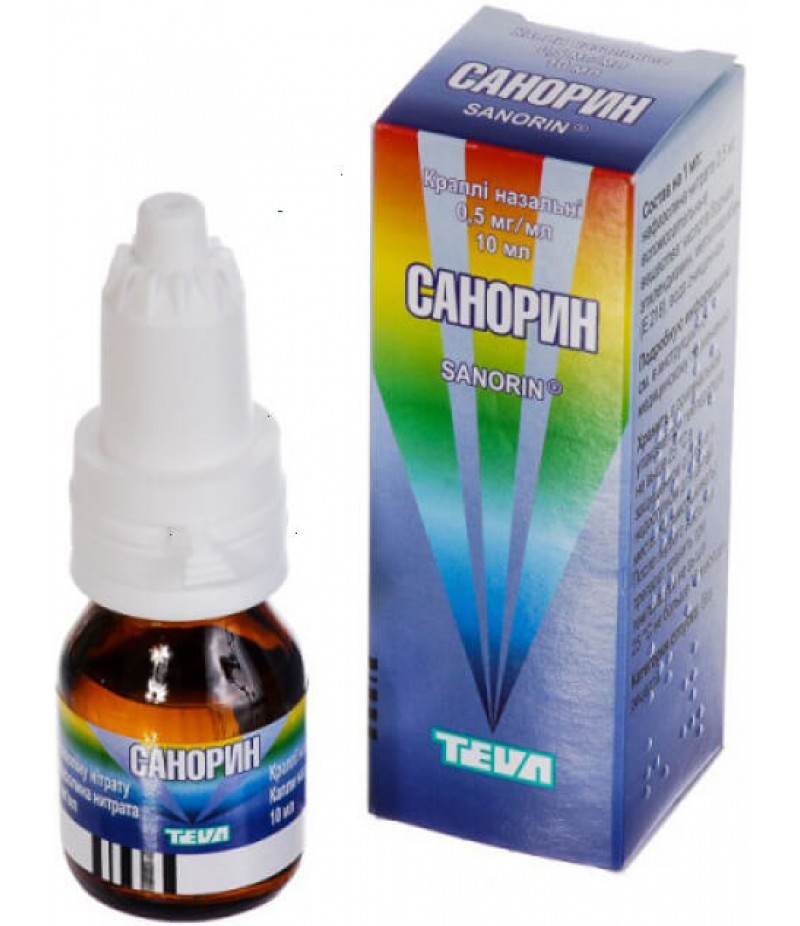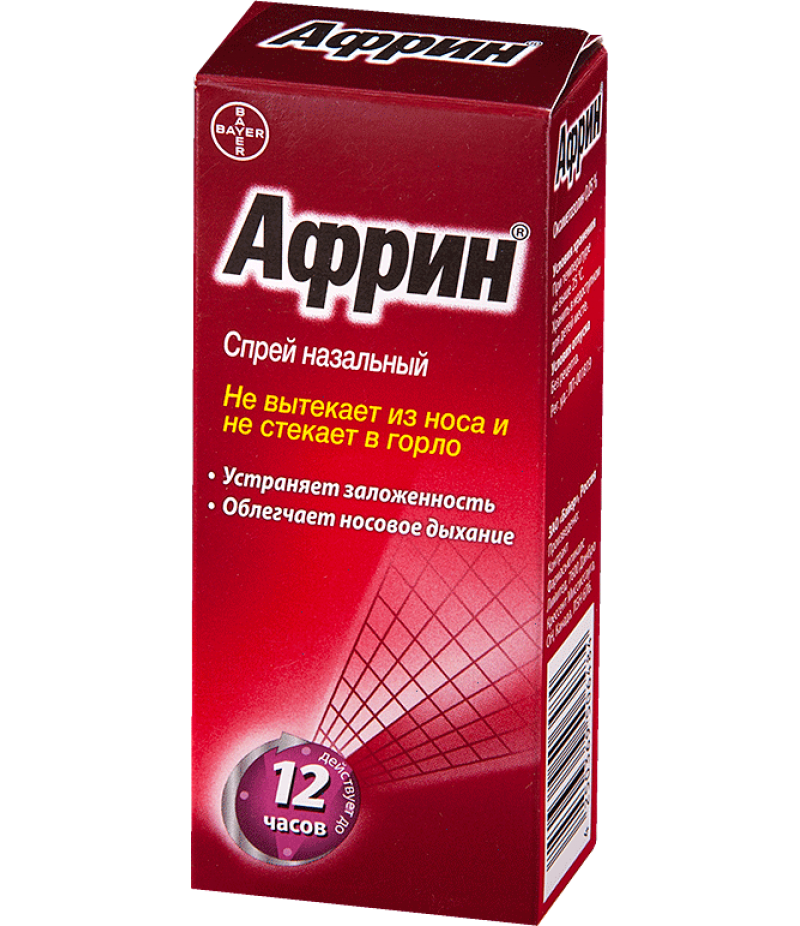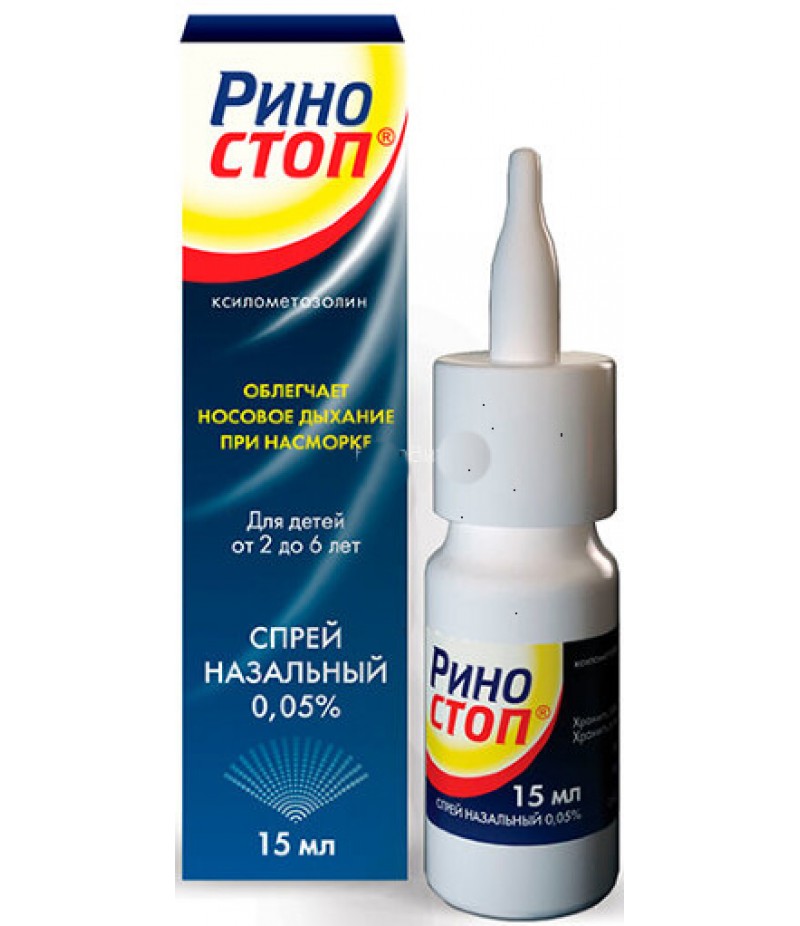Naphthyzin 0.1% 25ml
- $5.99
- 3 or more $5.88
- Availability:In Stock
Naphthyzin instructionReed more and buy Naphthyzin hereNaphthyzin is a solution for instillation into nasal passages from the group of alpha-adrenomimetics, which is often used in otolaryngology.Composition and form of the prepara..
Tags: runny nose, drops
Naphthyzin instruction
Reed more and buy Naphthyzin here
Naphthyzin is a solution for instillation into nasal passages from the group of alpha-adrenomimetics, which is often used in otolaryngology.
Composition and form of the preparation
Naphthyzin is available in the form of a solution for instillation in the nose in glass bottles or droppers from 10 ml polyethylene material. The bottle is enclosed in a cardboard box with the attached detailed instructions.
The main active substance of the drug is Nafazoline, depending on its concentration in the solution, Naphthizine is released 0.1% and 0.05%. Also in the composition of the preparation are auxiliary components.
pharmachologic effect
The solution of Naphthyzin belongs to the group with the preparation of alpha-adrenomimetics and exerts a pronounced narrowing effect on the vessels. With the instillation of the drug in the nose, the therapeutic effect develops in a few minutes and lasts up to 4-6 hours.
If the drug gets on the mucous membranes of the nasal cavity, edema and hyperemia decrease, and the amount of pathological discharge from the nose decreases substantially.
Indications for use
The drug Naphthyzin is prescribed to patients if they have the following conditions:
Acute rhinitis in viral infections;
As part of complex therapy for eustachitis and otitis media, to facilitate the outflow of pathological discharge and reduce edema of the ENT organs;
As a vasoconstrictor with bleeding from the nose;
Preparation of nasal passages to diagnostic manipulations;
Allergic rhinitis.
Contraindications
Before starting therapy with the drug should carefully read the attached instructions, since the solution of Naphthyzin has a number of serious contraindications. These include the following states:
High blood pressure;
Closed-angle glaucoma;
Individual intolerance to the drug;
Pregnancy and the period of breastfeeding;
Age at children till 1 year and 6 years, depending on concentration of active active substance;
Hyperthyroidism;
Atherosclerosis;
Chronic inflammation of the nasal mucosa;
Tachycardia and heart rhythm disturbances;
Simultaneous therapy with MAO inhibitors or recent discontinuation of their use (less than 2 weeks).
With caution, the drug is prescribed for patients with diabetes mellitus.
Method of administration and dosage regimen
A solution of Naphthyzin is used intranasally. The dosage regimen is set by the doctor depending on the indications. To facilitate nasal breathing and eliminate the edema of the mucous membrane of the nasal cavity, the drug is instilled in 1-2 drops in each nasal passage, tilting the head in the opposite side at the same time.
It is not recommended to use Naphthyzin for more than 5 days, in the absence of the expected therapeutic effect, stop treatment with the drug and reapply to the doctor to clarify the diagnosis and selection of another remedy.
Use among pregnant women and nursing mothers
Safety of the drug Naphtizine for pregnant women and fetal development is not proven, therefore this tool is not recommended for use. The drug is administered only if there are serious indications in the event that the expected benefit exceeds the possible risk for the child. For pregnant women it is best to use the drug with a child's dosage, the treatment should not last more than 3 days.
If you need to use the drug during breastfeeding should consult a doctor, it may be better to stop lactation during treatment.
Adverse Events
When using Naphthyzin in patients, the following negative reactions may develop:
Burning in the nose;
Tingling sensation in the nose, constant sneezing;
Dry nose, increased fragility of the vessels, resulting in increased likelihood of nasal bleeding;
Drowsiness, lethargy;
Allergic reactions - hyperemia of the nasal mucosa, edema;
Hives, Quincke's edema in rare cases.
Overdose
When the drug is misused and used in large doses, the patient develops signs of an overdose, which is manifested in an increase in the side effects described above, as well as weakness, dizziness, tachycardia, and increased blood pressure.
With the development of such reactions, drug therapy should be discontinued and consult a physician for symptomatic treatment.
Interaction with other medicinal products
A solution of Naphthysin when used concomitantly with preparations from a group of local anesthetics slows down and reduces their therapeutic effect.
Do not use this drug simultaneously with MAO inhibitors. If the patient took the drugs of this group, then at least 14 days must pass before using the Naftizine solution.
special instructions
You can not use this drug for more than 5-7 days, as the patient develops an addiction to Nafazolin, which requires the use of ever larger doses, and, accordingly, increases the likelihood of side effects and signs of overdose.
If, against the background of treatment with the drug, the patient has drowsiness or lethargy, then use the solution immediately stop and consult a doctor.
Conditions of dispensing and storage of the drug
Naphthyzin is allowed for over-the-counter leave from pharmacies. Store the vial of medicine in a place inaccessible to children, at a temperature of not more than 25 degrees. The opened vial of medicine should be used within 30 days, if this did not happen, then the medicine is thrown out and a new package is opened. Shelf life of the sealed vial is 2 years from the date of production, at the end of this period the drug can not be used for treatment.

